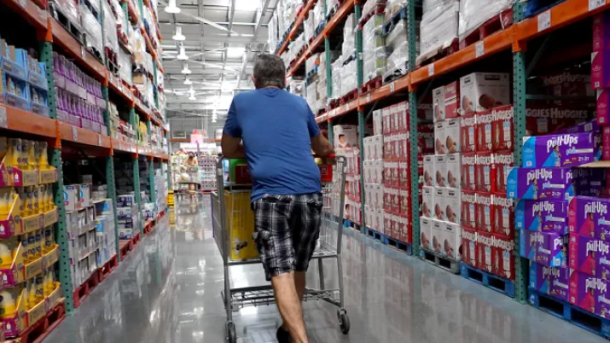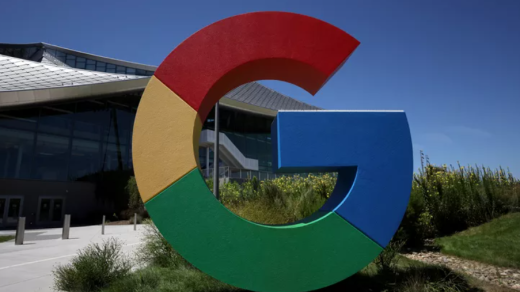Consumer Sentiment 2025 is making waves among economists and analysts who are increasingly worried about the potential slowdown in economic activity. Following recent tariff announcements by President Donald Trump, many have raised concerns about how shifting sentiment could translate into a real slowdown. While the economy has yet to show tangible signs of pulling back, experts predict that a dip in consumer and business confidence might soon impact broader economic data.
Nationwide Financial Market Economist Oren Klachkin commented on the decline in consumer sentiment: “It seems inevitable that poor sentiment will eventually show up in the hard data. While this may take some time due to front-loading, we expect to see weaker spending in the months ahead.”

Consumer Sentiment 2025: Impact on Economic Growth
Consumer Sentiment 2025 continues to be a key indicator of how the economy might respond to tariffs and changing market conditions. While recent data hasn’t yet reflected a slowdown, experts are closely monitoring sentiment reports as they often precede tangible economic shifts. A dip in sentiment often leads to reduced consumer spending, which is a primary driver of U.S. economic growth. With tariffs now in effect, many analysts believe that it’s only a matter of time before we see the effects of lower sentiment in actual economic activity.
Will Consumer Sentiment 2025 Lead to Hard Data Change?
Despite the strong performance in job growth and retail spending, the weakening consumer sentiment 2025 suggests that economic growth could slow down in the near future. As analysts continue to track both “soft” and “hard” data, it’s becoming clear that sentiment trends could eventually spill over into the real economy. The longer the negative sentiment lingers, the more likely it is that we’ll see a decline in sales and overall economic growth, especially if consumers pull back on spending in response to rising prices and uncertain economic conditions.
Source: www.investopedia.com



